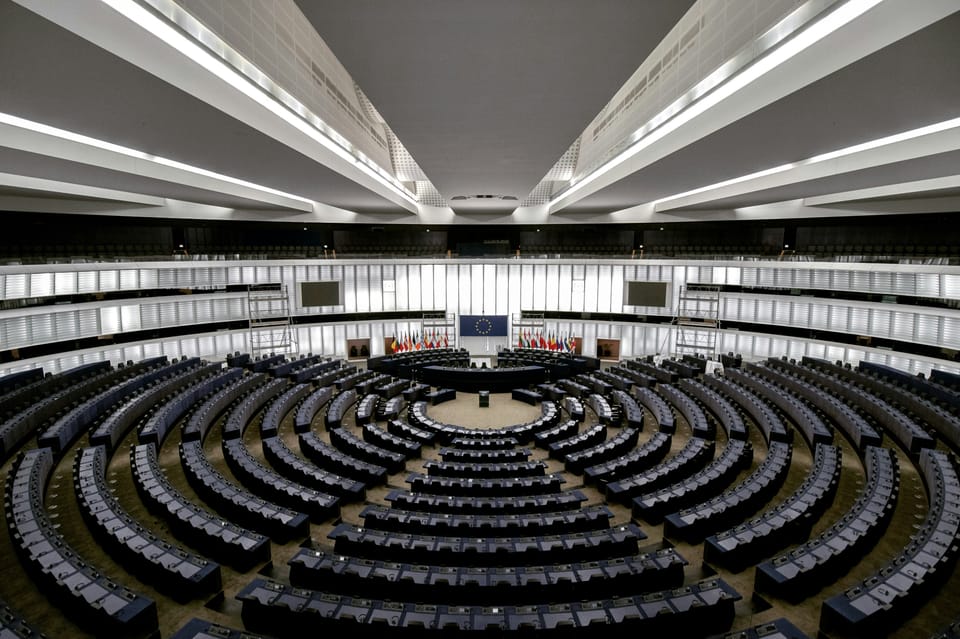Businesses and investors renew calls to ‘preserve the core’ of CSRD and CSDDD
"Retaining the core elements of the EU sustainable finance rules is (...) needed to achieve growth whilst supporting decarbonisation."

As EU legislators go back to work on the Omnibus framework, a group of nearly 500 companies, investors, service providers and associations are calling again for the preservation of impactful sustainability reporting rules within CSRD and CSDDD.
Arguing that the Corporate Sustainability Reporting Directive (CSRD) and Corporate Sustainability Due Diligence Directive (CSDDD) are essential to achieve the EU’s wider sustainability goals, the group – which includes the likes of H&M, Allianz, Nordea, Decathlon and IKEA – makes a number of suggestions to simplify implementation while preserving the substance of the rules.







